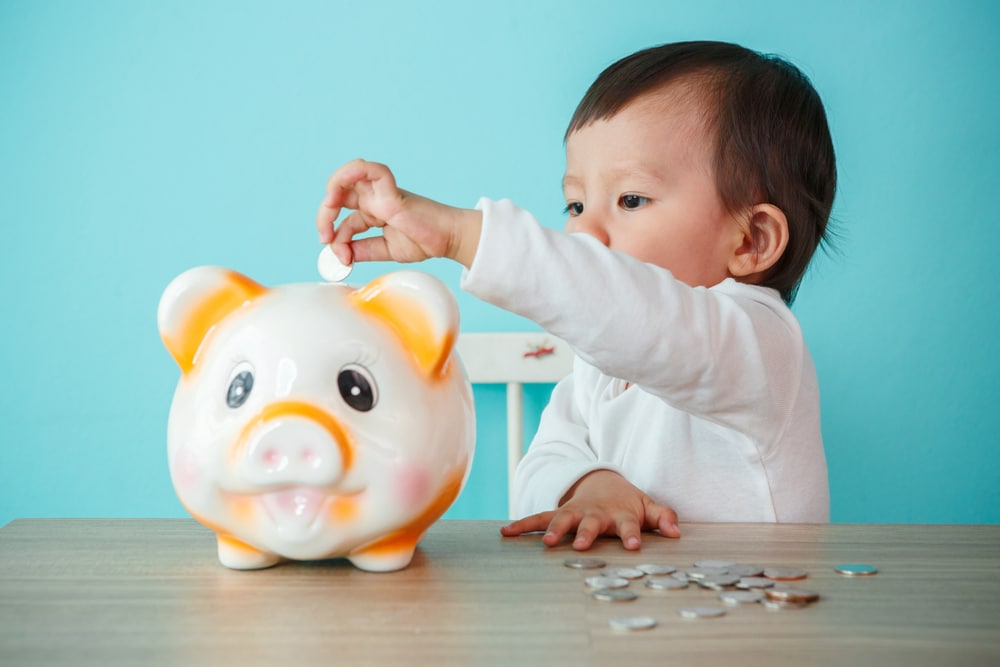Jasmine Birtles
Your money-making expert. Financial journalist, TV and radio personality.

The Junior ISA allows you to save tax-free for your kids. You get an allowance each year, which in 2022/23 is £9,000.
Even if the amount you can put in stays the same for the next 18 years (which it won’t – it will go up gradually), by the time your child is 18, you could put in £162,000. That’s just the amount you put in though. If you invest it in stocks and shares products, your child could have twice that amount by the time they get to university.

Since 1 November 2011, your children’s savings have been able to enjoy the same tax-free status that adults get through their ISA.
From April 6th 2020, you can save up to £9,000 a year in a Junior ISA on your child’s behalf in a
It’s the perfect way to put aside money in preparation for university tuition fees or maybe even a deposit for a house.
Junior ISAs are available to children living in the UK.
That includes:

A Junior ISA will allow you to grow a savings pot for your child that isn’t subject to capital gains tax, income tax on savings or further tax on dividend income.
Anything that stops you having to waste money on tax is a good thing. When it comes to investments, saving tax each year is a very good thing. It means your money will grow even more (thanks to compound interest).
The great thing about any ISA is that it stops you having to pay tax on your gains. For savings accounts it means you don’t pay tax on the interest and for shares it means you don’t pay tax on the growth.
BUT…
In fact, Danny Cox from Hargreaves Lansdown, believes the rewards of a stocks and shares Junior ISA could be huge: “Save £9,000 in a Junior ISA every year from birth until age 18 and their coming of age present could be around £215,000 tax-free, assuming a 3% growth after tax and charges.”
Also bear in mind that the sooner you start saving, the better. You’d do well to invest as much as you can afford early on in the Junior ISA’s lifetime. The earlier you invest (you can open the Junior ISA as soon as your child is born), the longer your investment has to mature and gain interest,
If it’s tough to free up cash at this stage, grandparents may be happy to help get the JISA off to a good start.”

Regular savings accounts require you to put a regular amount of money into the account each month, in return for a higher rate of interest.
However, if you miss a month’s payment (or withdraw your money before the term of the account is up) you will often lose the rate.
Remember, though, that long-term, cash savings usually make much less money for your child than stocks and shares investments do.
Easy access accounts let your kids access their money whenever they need it. However, the rates on these are variable, so you need to keep an eye on them in case they plunge downwards.
Again, remember the returns on these kinds of savings accounts are FAR less than they usually are on stocks and shares funds for the long-term

Having watched you on BBC how do I set up a Shares ISA for my grandchildren, & what Tracker Funds should I look for?
I can’t earn over £90,000 tax free, so why should someone else just because they had rich parents as a child. At the end of the day (as with adult ISA’s) we are all paying more tax so the wealth can enter tax avoidance schemes. Seems very fair.